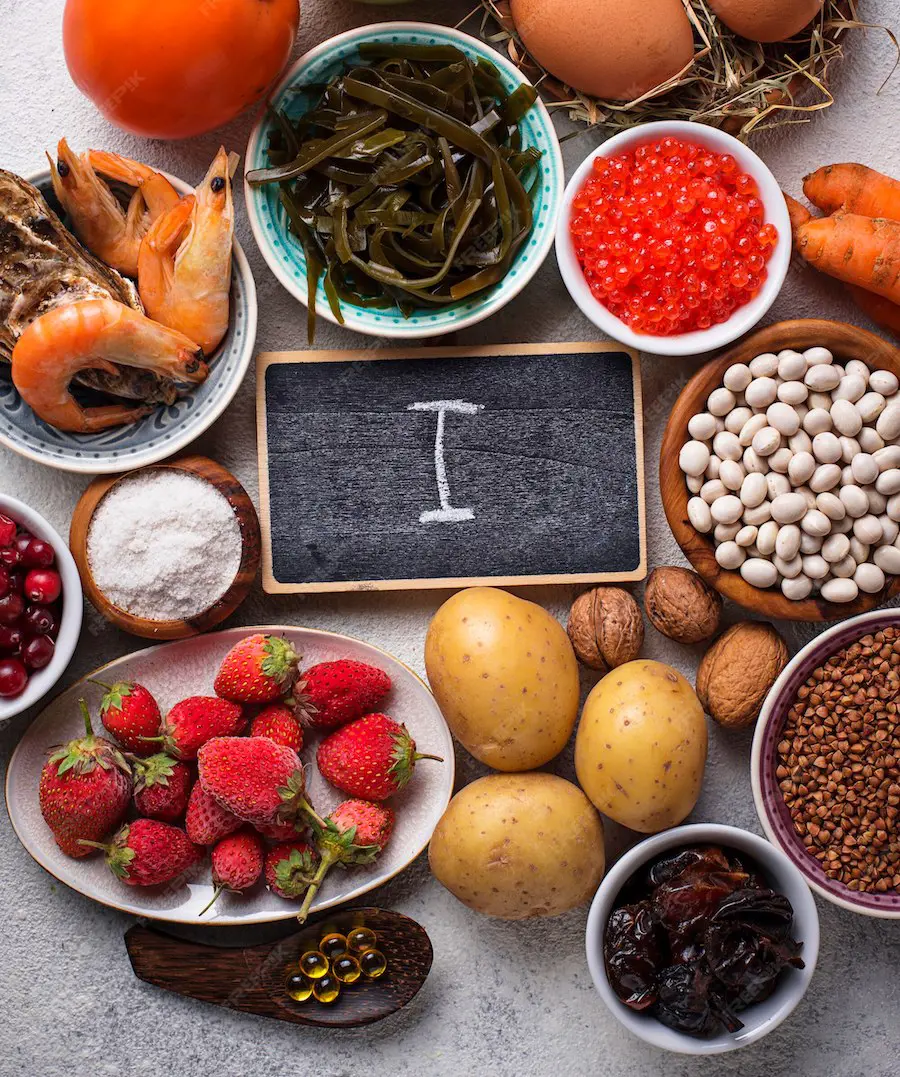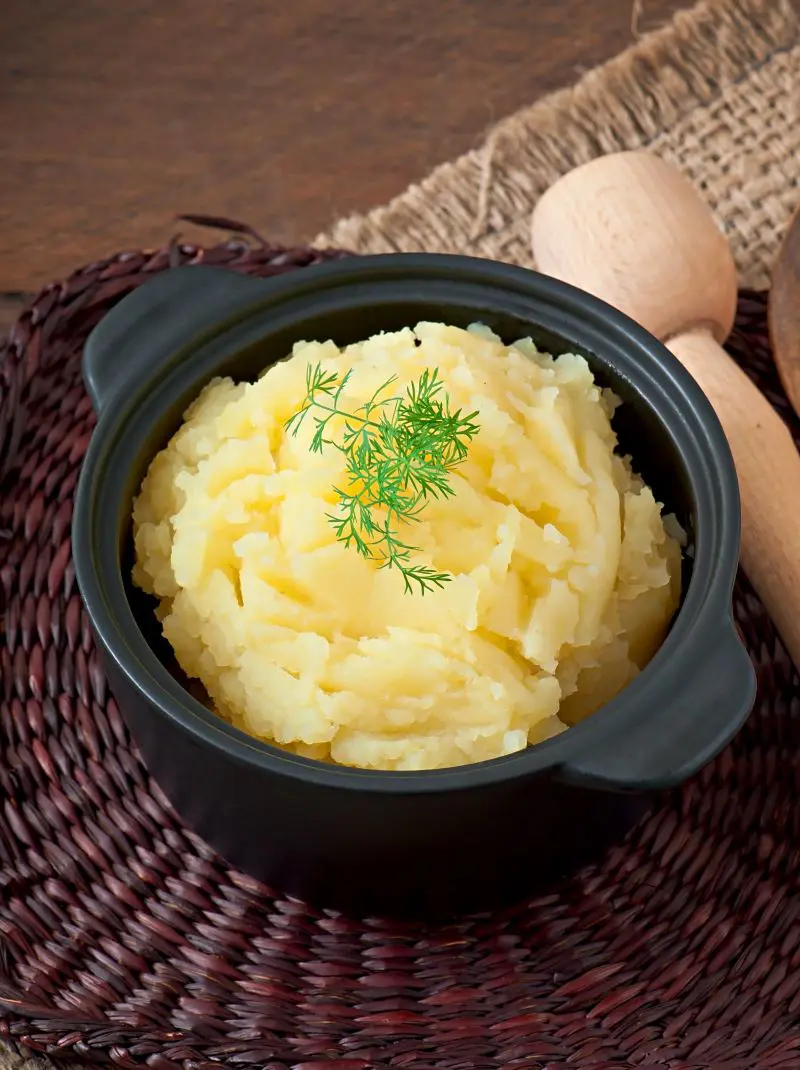Egg Nutrition Facts And 20 Reasons To Fit It In Your Diet

Eggs are one of the popular superfoods. As a result, it is natural for people to be conscious about its nutrition facts. They are packed with excellent-quality protein, 13 essential vitamins and minerals, omega-3 fatty acids, and antioxidants.
Most of the nutrients found in eggs are in yolks, and the majority of protein is present in egg whites. Despite its reputation of egg consumption leading to high cholesterol, research has shown that there is no measurable increase in heart disease or diabetes risk from eating up to 6–12 eggs per week.
Egg Nutrition
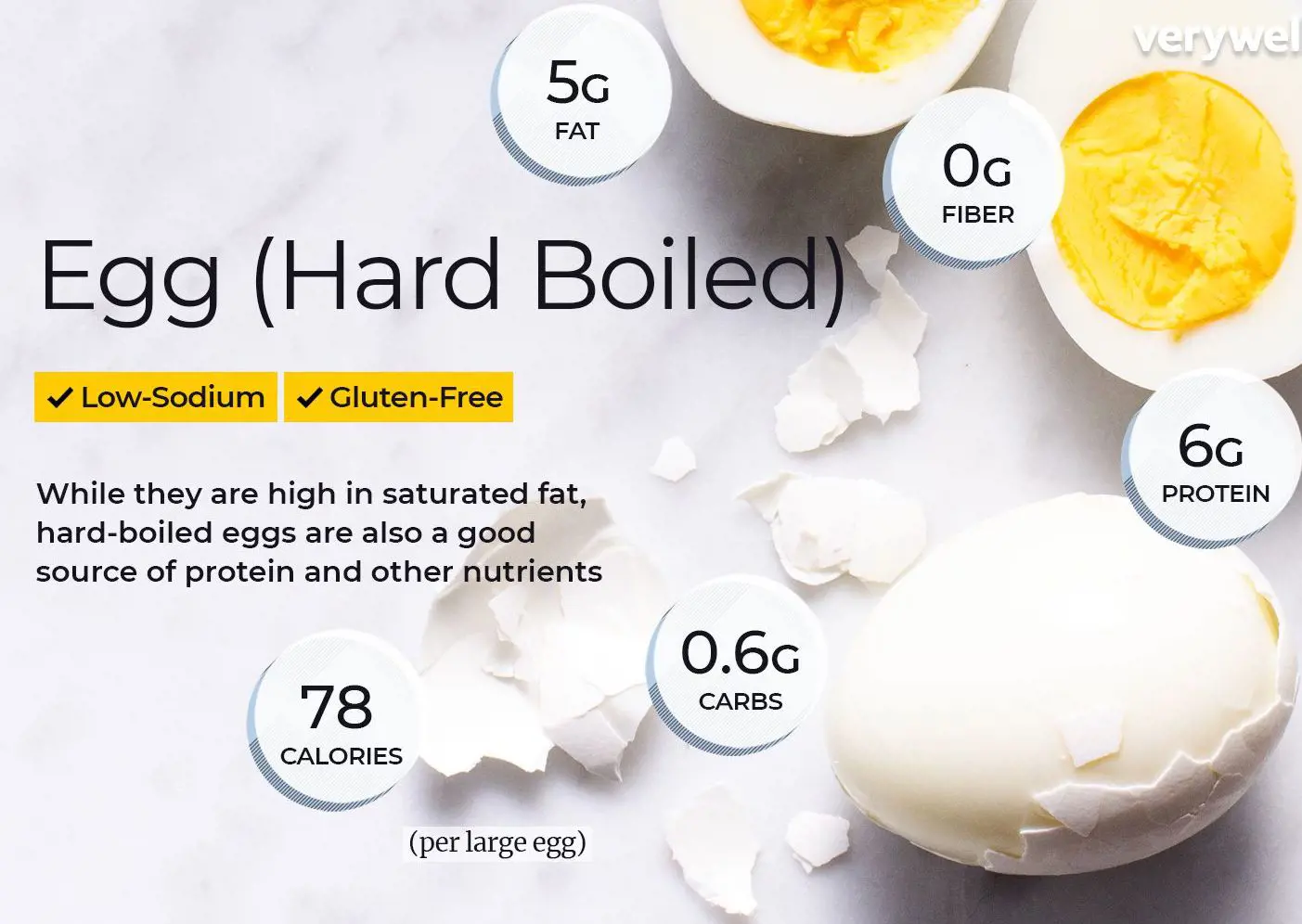
Eggs can be prepared in different ways. But hard-boiled eggs are the best way to cook and preserve all the valuable nutrients present in the egg. One large hard-boiled egg provides:
- Protein: 6.3 grams
- Calories: 77
- Carbohydrates: 0.6 grams
- Cholesterol: 212 mg
- Total Fat: 5.6 grams
- Saturated Fat: 1.6 grams
- Monounsaturated Fat: 2 grams
- Vitamin A: 6% of the Recommended Dietary Allowance (RDA)
- Vitamin B2: 15% of the RDA
- Vitamin B12: 9% of the RDA
- Vitamin B5: 7% of the RDA
- Phosphorus: 86mg or 9% of the RDA
- Selenium: 15.4 mcg or 22% of the RDA
1. Eggs Are Nutrient Rich

Eggs are one of the most nutrient-rich foods available on the planet. They are packed with a range of essential vitamins and minerals. An average size of 2 eggs contains 82% of the daily vitamin D required, 50% of the daily folate required, 25% of the daily Vitamin B2 required, and 40% of the daily selenium required.
Apart from these they also contain useful amounts of vitamins A, E, B12, and B5 as well as iron, iodine, and phosphorus. They all are vital nutrients required for supporting our healthy, balanced diet. Nutrient-rich food is a base for a healthy body.
2. Eggs Provide Excellent Quality Protein

Eggs are extremely popular as a valuable source of quality protein. Proteins are the main ingredients for a healthy life. They are important for the strength and repair of muscle and tissue. One single egg contains about 6.3 grams of protein.
Eggs are a colplete protien. This means they contain all nine essential amino acids that our body is unable to produce on its own. The quality of protein that is packed in an egg is of excellent quality making it a great option for people looking for some extra muscle growth.
3. Eggs Helps Improve Good Cholesterol Level
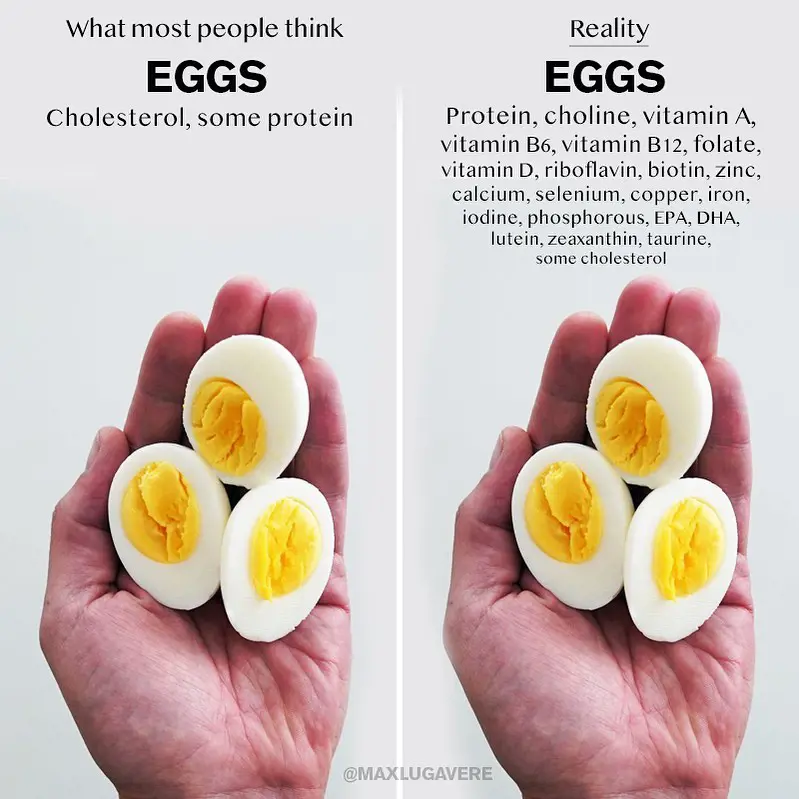
Eggs are a great medium to help improve HDL (good cholesterol) and decrease LDL (bad cholesterol) levels in our body. LDL is one of the main reasons for bad heart health that leads to heart attacks. Therefore eggs can prevent heart disease and stroke.
Many people have the misconception that eggs increase cholesterol levels but don't know there are two types of cholesterol i.e. good and bad. Many studies have shown that eggs increase cholesterol but only HDL which is in fact beneficial for the human body.
4. Eggs Helps To Promote Weight Loss

Since eggs are low in calories and a rich source of quality protein they are one of the best food options to assist with weight management. The high satisfaction levels of eggs lead to greater feelings of fulfillment, less hunger, and a lower desire to binge eat.
Many studies have proven eggs can carve hunger because they stimulate a certain type of hormone that helps us feel satisfied, maintain energy levels, boost metabolic activity, and decrease the rate at which food leaves our stomach.
5. Eggs Are Excellent Source Of Omega-3
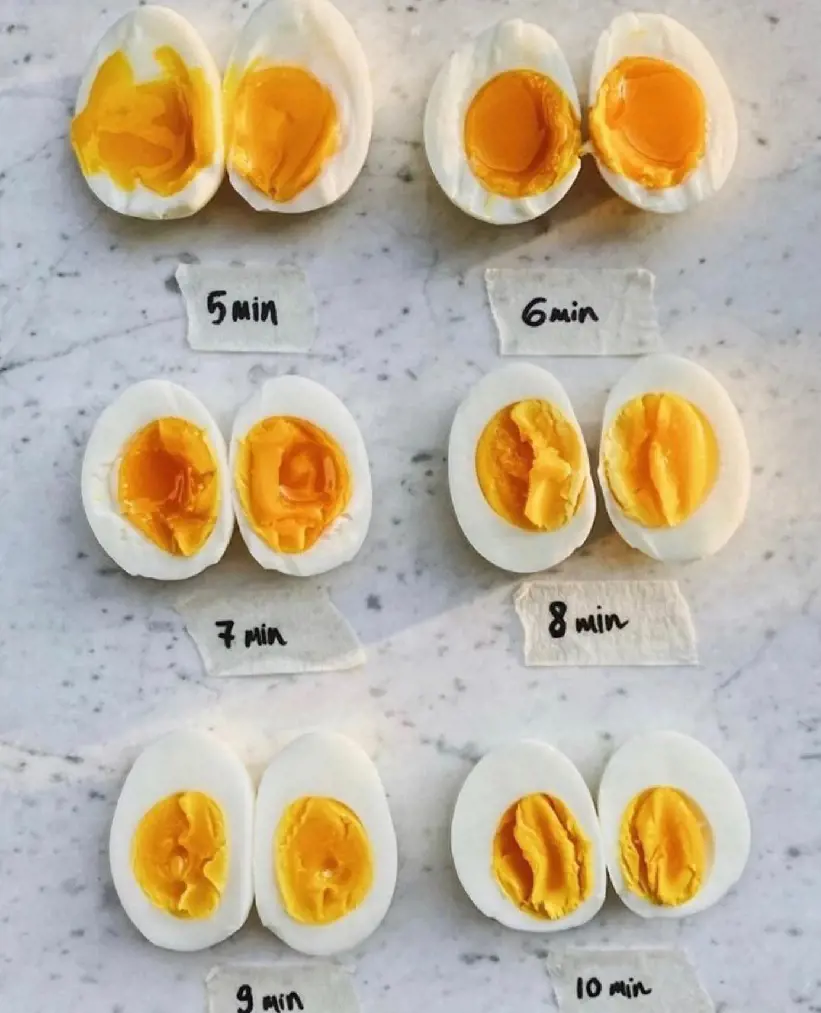
We only think of walnuts and fatty fish such as salmon and tuna as a source to get Omega-3. In doing so we ignore eggs which are a cheaper and more accessible option for Omega-3 fatty acids. Omega-3s are special types of polyunsaturated fatty acids important for the human body.
They play an important role in reducing inflammation in our bodies. According to scientific research, inflammation is a major reason for the increase in the risk of obesity, diabetes, hypertension, heart disease, and cancer. Eggs are a great alternative for people who can't eat fish to get much dose of Omega-3.
6. Eggs Are Great Source Of Vitamin-D

Egg yolks are only one of the few foods that naturally contain vitamin D in them. Many people these days suffer from mild to moderate vitamin D deficiency due to a lack of exposure to the sun. This makes including eggs in our diet even more important.
A serving size of two eggs contains 82% of our daily recommended intake of vitamin D. Vitamin D plays a crucial role in the absorption of phosphorus and calcium which are very important for the maintenance of healthy teeth, bones, muscle function, and immune system maintenance.
7. Eggs Are Rich In Antioxidant

Eggs are packed with a range of essential vitamins and minerals like vitamins A, E, and selenium. These are important antioxidants that play a major part in supporting eye health, and retina function. They also help prevent and counteract degenerative vision as people get old.
Antioxidants like lutein and zeaxanthin present in eggs play protective roles in reducing many eye diseases like cataracts and age-related macular degeneration. Many studies have proven that these antioxidants are better observed by the body through eggs than alternate plant sources.
8. Eggs Are Good Dietary Source Of Choline

The liver in the human body is where choline is made. But most people cannot produce enough of it to meet its daily requirements. Therefore, it must be consumed from the food. They play a great role in brain health, normal cell functioning, brain and spinal cord development during pregnancy, etc.
Eggs are a great source of choline as they provide more than double the amount per 100g than any other common food. Choline was usually overlooked as a part of a balanced diet. But now eggs have made it an easy and effective alternative to include them in our diet.
9. Eggs Helps In Muscle Building

As we know eggs are a great source of high-quality protein that helps in muscle building and repair. Protein is a valuable nutrient that is necessary for the growth, maintenance, and repair of tissues in the body. You can get 3.6 grams of protein from an egg white.
It is important for active individuals who like to exercise to take protein because exercise causes muscle damage and needs to be repaired to maintain muscle mass and strength. Protein intake will help prevent this. Therefore adding enough eggs to your diet will be a great and cheaper option.
10. Eggs Can Support Mental Health

A balanced diet plays a vital role in supporting stress management and better mental health practices. They help in both reducing the impact of symptoms and optimizing greater performance. Including eggs in our diet will be great for maintaining a balanced diet.
We know eggs come packed with vitamins B2, B12, iron, tryptophan, and choline. These are all known to help reduce the risk of anxiety, and symptoms of depression and naturally help people fall asleep.
11. Eggs Helps Boost The Immune System

A sufficient amount of protein intake is important to support immune health. Eggs contain nutrients like zinc, selenium, vitamin D, and vitamin E which are essential for the body to perform proper immune functioning.
These nutrients will help the body fight against infections and keep the immune system healthy. Healthy immunity means a healthy body and mind. Therefore eggs are a great addition to our daily diet.
12. Eggs Helps Keep Hair And Skin Healthy

Eggs are a good source of protein, biotin, and many other nutrients that are needed for healthy hair and skin. Protein helps to repair and maintain skin tissues and biotin is important for hair growth and skin health. Biotin also helps to keep skin and hair hydrated.
Eating eggs regularly will ensure that our hair and skin are getting enough nutrients to preserve and repair themselves. For people looking for a natural way to enhance their looks, including eggs in their diet can be a great step.
13. Eggs Help Boost Nutrient Intake For Healthy Aging

Egg protein helps promote healthy aging by improving bone health, preserving muscle mass, and reducing the risk of life-threatening diseases like stroke, cancer, etc. Eggs are an economical, accessible, and easily digestible source of protein that also contains the required vitamins and minerals for our body.
Eggs are easy to prepare, so it is easy for older people to include them in their diet regularly. All they need to know is to boil water. This will help prevent them from a wide range of nutrient deficiencies.
14. Eggs Helps Manage Diabetes

Many studies have shown that eating eggs will aid in reducing fasting blood sugar level and improves insulin sensitivity. Protein in eggs can help improve blood sugar control and reduce diabetes complication risks.
Eggs contain very little fat, carbohydrate, and calories. For people trying to manage their weight and keep their blood sugar level in control, including eggs in their diet will reduce their hunger for a longer period. But for diabetic people, a doctor consultation would do wonders before adding eggs to their diet.
15. Eggs Help During Pregnancy

Eggs are rich in a variety of vitamins including vitamin A, which aids with the healthy development of eyes and skin and contributes to a healthy immune system. They also contain other nutrients like iron, folate, and iodine that are important for pregnancy.
During pregnancy, eggs are an important food inclusion to meet the daily dietary requirements. Pregnant women must consume eggs daily as a part of their healthy balanced diet along with fruits and green vegetables.
16. Eggs Are Affordable And Assessable

Eggs are a simple, easy-to-cook, and incredibly affordable food option that is packed with protein and nutrients. Due to their easy assessability, it is a great and healthy option for many people.
People are even growing their organic eggs by raising a few chickens and birds. This will make sure they get pure free-range chicken eggs that have more nutritional value in their backyard.
17. Eggs Are Versatile

One of the main reasons to include eggs in our diet is they are very healthy and versatile cooking items. They can be prepared in various ways. They can be boiled, fried, poached, or scrambled according to our preference.
Moreover, eggs can be a great addition to many dishes, making them a perfect little ingredient to enhance the taste. They are also used in baking cakes, chocolates, etc. They have an extreme range of uses.
18. Eggs Helps To Improve Athletic Performance

Lucine is an amino acid that is important for muscle protein synthesis which is present in egg protein. Different research has proven that including eggs in athletes' diet have helped improve their performance and faster muscle recovery.
Athletes have also started to use egg white protein powder as a protein supplement during the training. This is purely because of its healing and muscle growth ability. For someone hitting the gym regularly, eggs are a must in their diet.
19. Eggs Are Good Choice For People With Allergies

Besides eggs, some other famous sources of protein are dairy, soy, and nuts. Many people have underlying allergic conditions of these products that they may or may not be aware of. This makes it dangerous for those people.
However, eggs are safe for most of the people. Only a handful of people may not be able to eat eggs, but a wide range of people of any age can enjoy their full nutritional value.
20. Eggs Are Sustainable

Production of eggs is more sustainable than other sources of protein, like beef and pork. They require less land, water, and food to produce protein and have a low carbon footprint.
You can enjoy eggs without feeling guilty about the environmental impact of chickens. Especially free-range chicken eggs are more healthy and eco-friendly. Choosing a cage-free or pasture-raised from a local farm can be the best egg option.
Recent posts
Healthy Eating
Healthy Eating
Delicious One-Pot Hamburger Soups the Whole Family Will Love
Hamburger soup is a warm and comforting option that might just be the perfect solution to the perennial question, "What's for dinner?" Whether faced with a cold, chilly day or simply seeking a quick and easy meal, this hearty soup is an excellent cho...
Healthy Eating
Easy To Make Daniel Fast Menu Ideas
The Daniel Fast is a Biblically inspired partial fast that essentially mirrors a vegan diet, excluding added sugars, refined carbs, caffeine, and alcohol. While it may seem restrictive, the inclusion of numerous flavorful, make-ahead dishes can signi...
Healthy Eating
20 Iodine Rich Foods To Include In Your Diet
Iodine is a trace mineral not made in our body and thus must be obtained via food or supplements. It is an important element that is required for the proper working of the thyroid glands. In the US, the daily iodine requirement is met via food or sup...
Healthy Eating
20 Foods High In Estrogen
Estrogen is a hormone primarily produced in the ovaries of females, although it is also present in smaller amounts in males. It plays a crucial role in the development and regulation of the female reproductive system and secondary sexual characterist...
Healthy Eating
How To Make Chicken Soup
A good chicken soup has multiple purposes. Whether you’re just craving some comfort food or feeling under the weather, chicken soup will swiftly come to your rescue. Luckily, it doesn’t take much to make a good chicken soup. All you need ...
Healthy Eating
Are Mashed Potatoes Healthy? Calories And Nutrition Facts
A timeless comfy food calls for mashed potatoes. It can be consumed at any time of the day. Mainly, eating this rich staple during breakfast or lunch serves as a great source of energy. And the whole day can go without feeling like eating anything. I...


